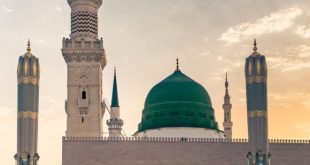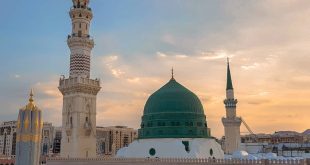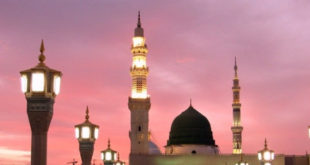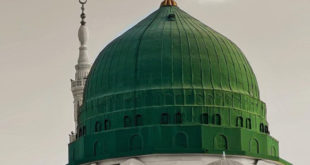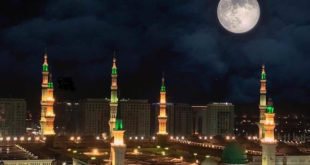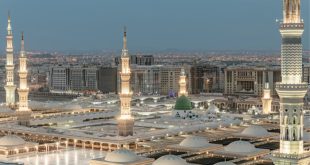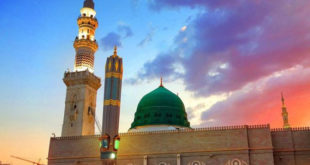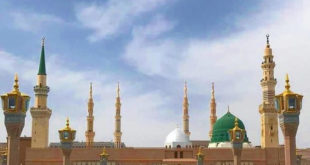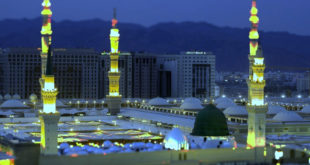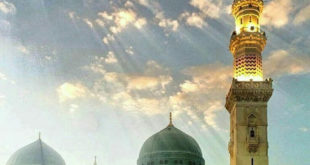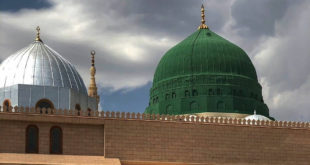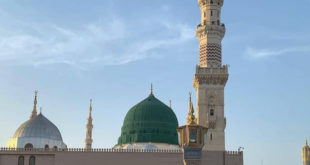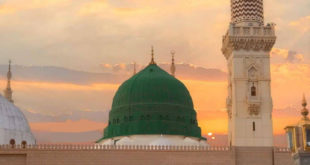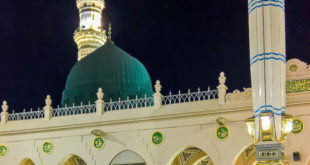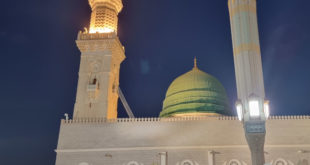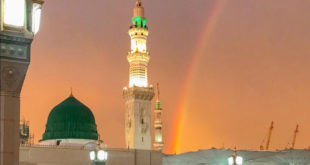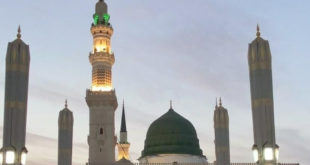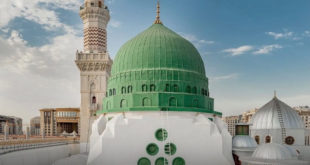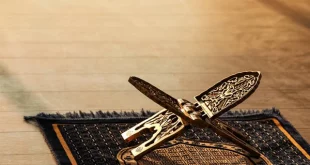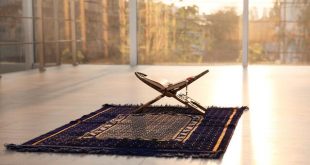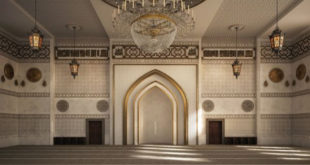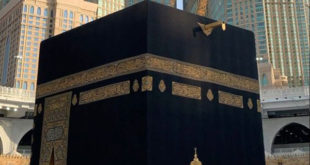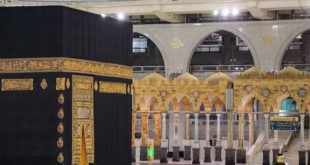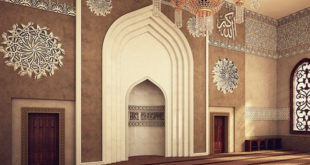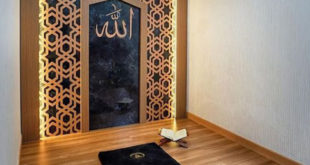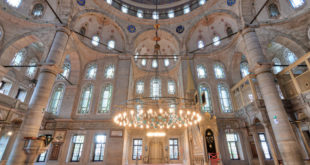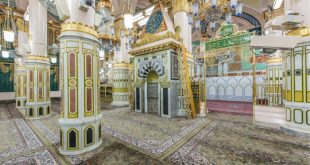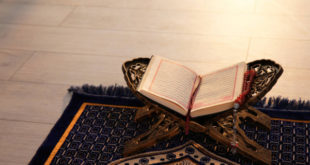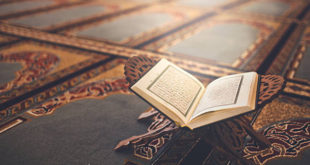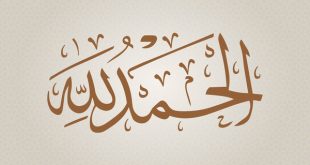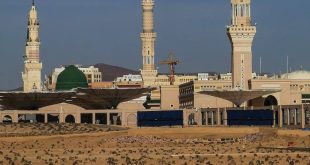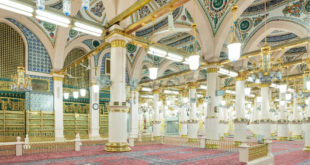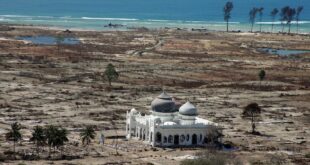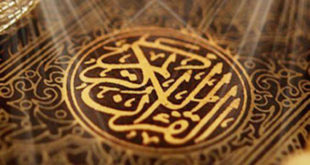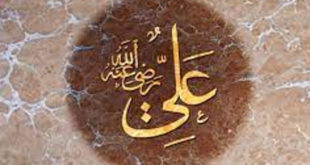Q: Zaid took a loan from Bakr. Bakr demanded a certain amount of cash and jewelry as collateral for the loan. Zaid paid back the loan after three years. Does Zaid have to pay zakaat on the collateral and jewelry for the previous years? A: Zakaat is not fardh upon …
Read More »Recent Posts
July, 2011
-
20 July
Zakaat on Goods which one has not yet Received
Q: Zaid purchased a consignment of goods from Pakistan with the intention of resale. The goods were thereafter shipped to South Africa. The shipment has not yet reached the port of South Africa and Zaid’s zakaatable year ended. Will Zaid have to pay zakaat upon these goods which he has …
Read More » -
20 July
Those people not eligible to receive zakaat
Q: Which people are not eligible to receive zakaat? A: The following people are not eligible to receive zakaat: A non-Muslim A Sayyid (descendent of Nabi Alaihis salaam’s family i.e. the Banu Haashim) even if he is poor. (The Banu Haashim include the descendents of either ‘Abbaas, Ali, Jafar, Aqeel …
Read More » -
20 July
Giving zakaat to a person one mistakenly regarded as eligible for zakaat
Q: A person gave zakaat to a muslim whom he regarded to be eligible for zakaat. However, after giving him the zakaat he discovered that he was unworthy of zakaat. Is the zakaat discharged? A: If a person discharged the zakaat to a muslim whom he regarded to be eligible for …
Read More » -
20 July
Using zakaat funds to pay a poor person’s municipal account
Q: Will zakaat be discharged by paying a poor person’s light or water account? A: The fundamental requirement in the discharging of zakaat is the aspect of Tamleek i.e. to transfer ownership of the wealth to the recipient of zakaat. In the case where one pays the water or light …
Read More »
-
Tafseer of Surah Naazi’aat
وَ النّٰزِعٰتِ غَرۡقًا ۙ﴿۱﴾ وَّ النّٰشِطٰتِ نَشۡطًا ۙ﴿۲﴾ وَّ السّٰبِحٰتِ سَبۡحًا ۙ﴿۳﴾ فَالسّٰبِقٰتِ سَبۡقًا ۙ﴿۴﴾ …
Read More » -
The Extreme Generosity of Hazrat Talhah (radhiyallahu ‘anhu)
-
Securing the Blessings of Ramadhaan, Umrah and Hajj – The Tolerance of Rasulullah (sallallahu ‘alaihi wasallam) – The Orchards of Love – Part Seventy Three
-
Receiving the title of Al-Fayyadh from Rasulullah (sallallahu ‘alaihi wasallam)
-
Hazrat Talhah (radhiyallahu ‘anhu) Fulfilling his Pledge
-
Receiving Seventy Rewards
Hazrat Abdullah bin Amr bin Aas (radhiyallahu ‘anhuma) reported, “Whoever sends salutations upon Nabi (sallallahu ‘alaihi wasallam) once, Allah Ta‘ala and His angels will send seventy mercies and blessings upon him in return of his one Durood. Hence, whoever wishes to increase his Durood should increase it, and whoever wishes to decrease his Durood should decrease it (i.e. if he wants to earn great rewards, then he should increase his Durood).”
Read More » -
Increase in Sustenance
-
The Reward of Fasting on the Day of Arafah
-
The Angel that Stands at the Blessed Grave of Hazrat Rasulullah (sallallahu ‘alaihi wasallam) to Convey the Durood of the Ummah
-
Reciting Durood when Entering the Musjid
-
Sunnats and Aadaab of the Host – 2
2. Entertaining and hosting guests is a means of attaining great barakah (blessings) from Allah …
Read More » -
Sunnats and Aadaab of the Host – 1
-
Sunnats and Aadaab which every person needs to adhere to in his individual life – 9
-
Sunnats and Aadaab which every person needs to adhere to in his individual life – 8
-
Sunnats and Aadaab which every person needs to adhere to in his individual life – 7
-
Hazrat Ali (radhiyallahu ‘anhu) – Part Forty-One – Being Sent by Rasulullah (sallallahu ‘alaihi wasallam) to Level the Graves, Destroy Idols and Erase Pictures
Hazrat Ali (radhiyallahu ‘anhu) reports that on one occasion, Rasulullah (sallallahu ‘alaihi wasallam) attended a …
Read More » -
Rasulullah (sallallahu ‘alaihi wasallam) Approving of the Verdict of Hazrat Ali (radhiyallahu ‘anhu) – Part Forty
-
The True Ulamaa – Hazrat Ali (radhiyallahu ‘anhu) – Part Thirty Nine
-
Du‘aa for Assistance in Settling Debts – Hazrat Ali (radhiyallahu ‘anhu) – Part Thirty Eight
-
The Concern of Hazrat Ali (radhiyallahu ‘anhu) regarding Business being Conducted According to the Islamic Principles – Part Thirty Seven
 Ihyaaud Deen An Effort to Revive Deen in Totality
Ihyaaud Deen An Effort to Revive Deen in Totality
























